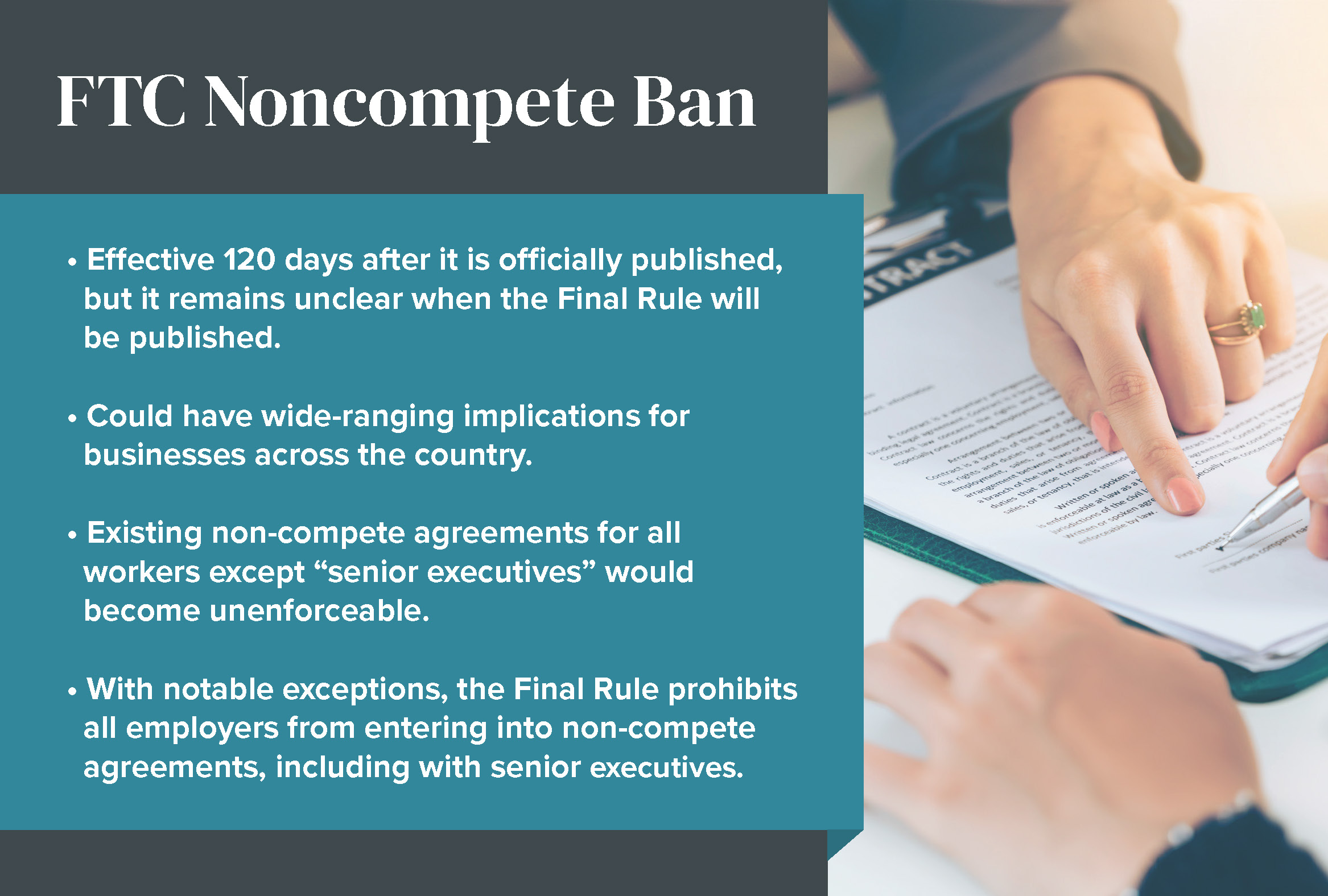January 29th, 2020
New Overtime Rule Raises Salary Threshold to $35,568
Posted in: Employment Law Tagged: Darla J. McClure
Author: Darla J. McClure

The U.S. Department of Labor (DOL) has finally ruled on the new salary threshold for purposes of determining whether an employee is exempt from overtime. The new salary threshold is $684 per week or $35,568 annualized, up from the prior threshold of $455 per week or $23,660 annualized.
This means that employees who were previously exempt from overtime because they made a minimum of $455 per week or$23,660 annualized, will now have to make a minimum of $684 per week or $35,568 annualized in order to qualify as exempt for purposes of satisfying the salary requirement set forth by the Fair Labor Standards Act (FLSA). This new rate went into effect on January 1, 2020.
There were no changes to the second prong of the requirements for exempt status, known as the duties test. These same employees are still required to meet the duties test, which vary depending on the exemption.
One thing to note with this new rule is that nondiscretionary bonuses and incentive payments, including commissions, paid annually or on a more frequent basis may be used to satisfy up to 10% of the new threshold amount.
The DOL estimates that 1.3 million additional US workers will be eligible for overtime in January. Employers should review their current exempt staff and determine what changes, if any, may be necessary. Such changes may include:
- Raising the salary of a current exempt employee, who meets the duties test, to $35,568 in order to qualify under the new salary threshold and retain their exempt status; or
- Converting an exempt employee to non-exempt status and paying overtime at one and one-half times their regular rate of pay for all hours worked over 40 in a one-week period.
If an employer chooses to convert an employee to non-exempt status it should consider eliminating or reducing the overtime hours worked by that employee as a means of controlling costs.
You are encouraged to consult with your legal professionals to discuss options and strategies for implementing this new change.





